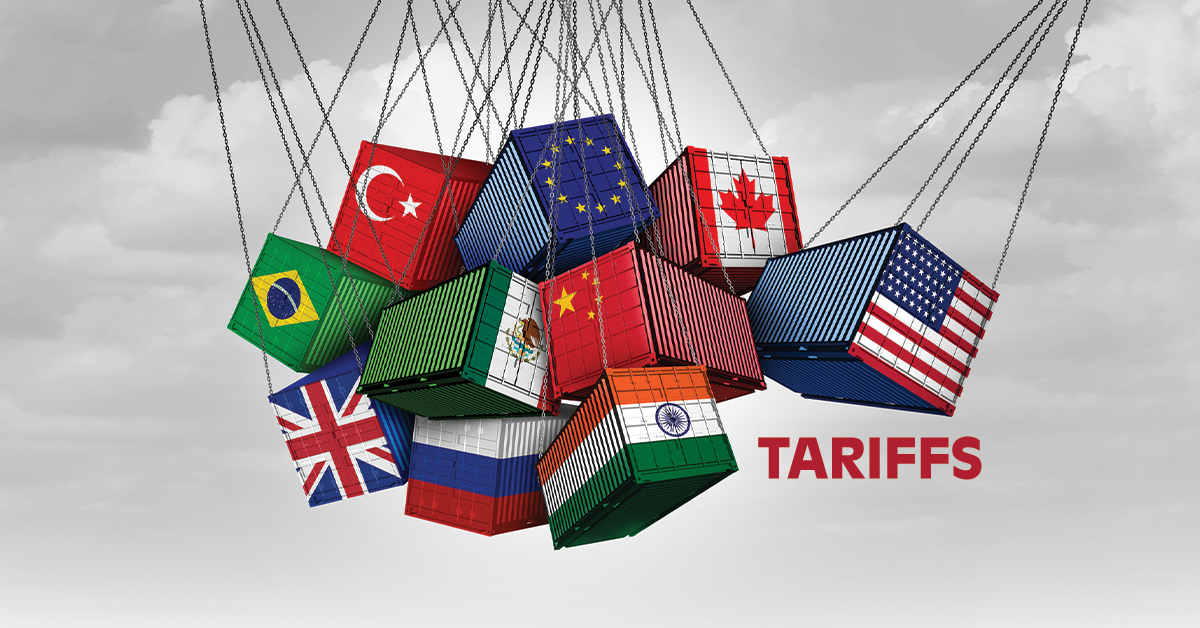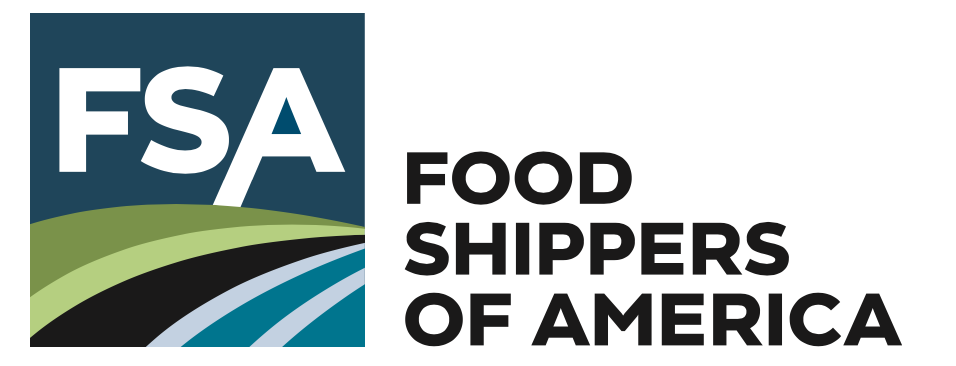How Some Food Shippers Are Navigating Tariff Costs
by Staff, on Jun 23, 2025 12:40:25 PM

Food companies are employing a range of strategic responses to hedge against tariff shocks in their supply chains. Many are diversifying suppliers and near‑shoring, For example, Del Monte and McCormick are actively pivoting to alternative, non‑tariffed sources and reshoring more production. Others are bulk‑ordering and stockpiling key ingredients ahead of tariff hikes, a tactic adopted by food and beverage manufacturers like niche olive‑oil producers.
Companies such as Utz are leveraging domestic sourcing and production, keeping tariffs’ impact minimal by relying almost exclusively on U.S. suppliers. Major retailers like Costco and Sam’s Club are countering increased import duties by rerouting supply chains, stocking up ahead of tariffs, and using proprietary brands to absorb costs rather than pass them fully onto consumers.
In addition, many food producers are rewriting contracts, adding tariff‑adjustment and force‑majeure clauses to sales and procurement agreements to manage risk.
Finally, there’s a heavy push toward digital transformation, with companies deploying AI, predictive analytics, blockchain, and automation to enhance visibility, optimize inventory, and rapidly adapt sourcing decisions as trade policies shift.
Overall, the industry’s playbook centers on speed, flexibility, and resilience—diversifying supply, building inventory buffers, embedding protective clauses in contracts, relying more on domestic sourcing, and using advanced tech to stay agile in an unpredictable tariff landscape.
The Campbell’s Company: Working With Suppliers to Reduce the Impact
 The Campbell’s Company is working with Italy-based suppliers to reduce the impact of tariffs on its Rao’s brand of premium pasta sauce and other products, according to Carrie Anderson, the company’s Executive Vice President and Chief Financial Officer on a June 2 earnings call.
The Campbell’s Company is working with Italy-based suppliers to reduce the impact of tariffs on its Rao’s brand of premium pasta sauce and other products, according to Carrie Anderson, the company’s Executive Vice President and Chief Financial Officer on a June 2 earnings call.
Suppliers include La Regina di San Marzano USA Inc., which imports the Rao’s products from Italy, said Anderson. Campbell’s imports Rao’s finished goods and raw materials. Campbell’s acquired Rao’s parent company, Sovos Brands, for $2.7 billion in 2024.
“We are going to look at all of the levers that we have to mitigate tariffs,” said Anderson, including “working in close partnership with our suppliers, and that would include our partnership with La Regina.” Campbell’s tariff mitigation plan also includes strategic inventory management, alternative sourcing, product cost optimization, and consideration of surgical pricing actions.
Costco: Holding Prices On Some Tariff-Impacted Items
Costco Wholesale’s tariff mitigation strategies have included pulling forward purchases of sporting goods and summer-related items ahead of the levies, rerouting goods sourced from countries with “large tariff exposure,” and buying more of its store brand Kirkland Signature product in countries or regions where the items are sold, executives said on the company’s earnings call Thursday. Also see company news release.
 In its fiscal Q3 ended May 11, the warehouse club retailer’s CFO Gary Millerchip said tariff-driven inflation hit certain fresh goods from Central and South America, with the company making a decision to potentially take a margin hit on some affected “staple” items like bananas, but not on a less essential product like flowers.
In its fiscal Q3 ended May 11, the warehouse club retailer’s CFO Gary Millerchip said tariff-driven inflation hit certain fresh goods from Central and South America, with the company making a decision to potentially take a margin hit on some affected “staple” items like bananas, but not on a less essential product like flowers.
“So, on pineapples and bananas…we felt it was important to really eliminate the impact there for the member by working with our suppliers and by us finding efficiencies and accepting that there may be a margin impact, we essentially held the price on those to make sure that we’re protecting the member,” Millerchip said, according to a transcript of the call. By contrast, on flowers from the region, “we felt that that was something that the member would be able to absorb and it was a more discretionary item there,” he said.
Related Articles:
- What You Need to Know About Tariffs
- Flash Report: A Taxing Time for the U.S Economy
- Trump Installs 10% Baseline Tariff, Country-Specific Duties
- Retailers, Wholesalers Maintain Prices on Some Food Items Impacted by Tariffs
- Food Shippers Conference Highlights Key Focus Areas: Tech, Theft, Tariffs
Like this kind of content? Subscribe to our "Food For Thought" eNewsletter!
Now more than ever, professionals consume info on the go. Distributed twice monthly, our "Food For Thought" e-newsletter allows readers to stay informed about timely and relevant industry topics and FSA news whether they're in the office or on the road. Topics range from capacity, rates and supply chain disruption to multimodal transportation strategy, leveraging technology, and talent management and retention. Learn More



